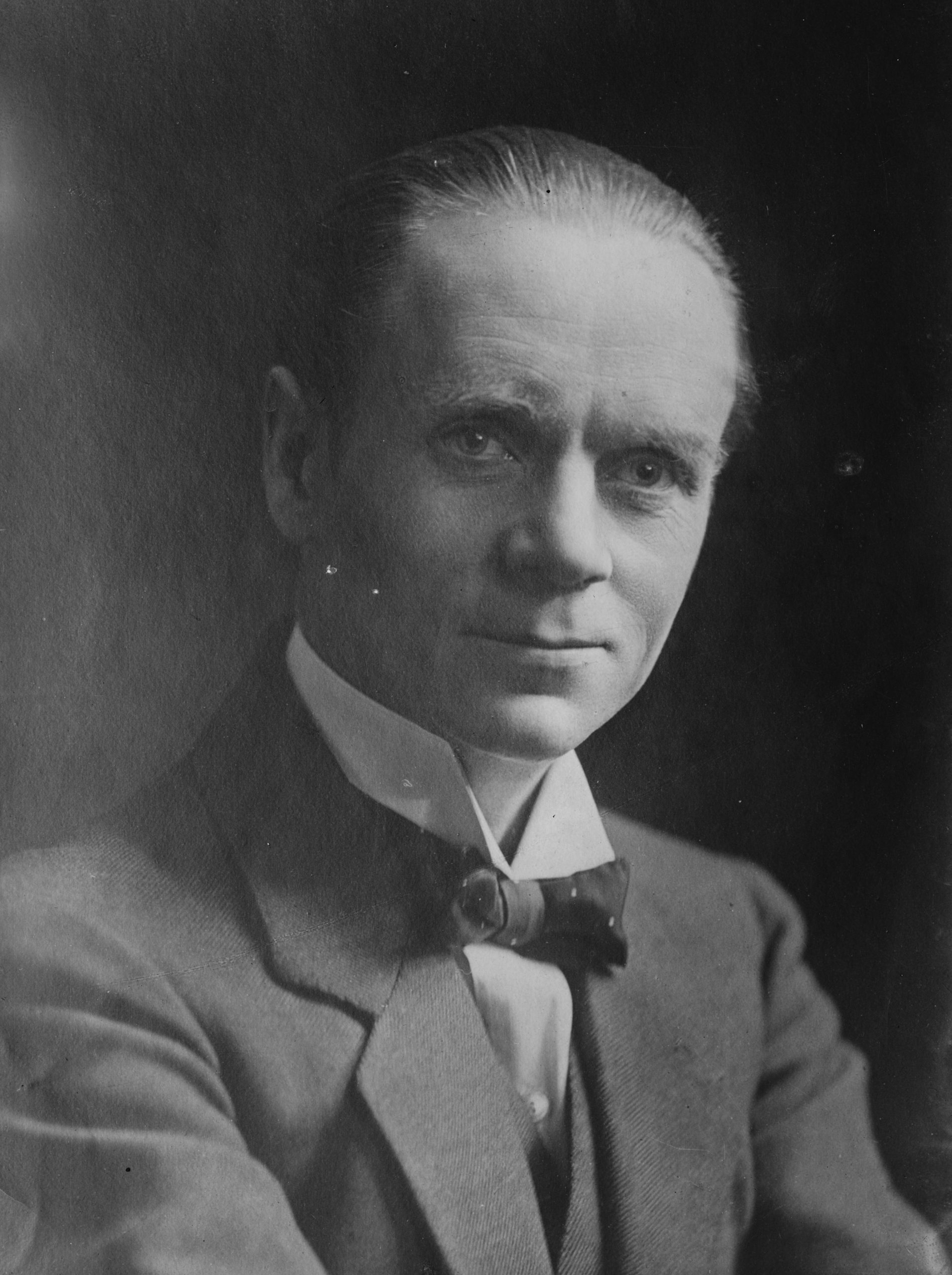Why was Sir Norman Angell Awarded the Nobel Prize for Peace in 1933?
Unveiling the Reasons Behind Sir Norman Angell's Nobel Prize Recognition
Sir Norman Angell: The Visionary of Peace and International Relations
Sir Norman Angell, born Ralph Norman Angell Lane, was a British journalist, author, and politician whose work left an indelible mark on the fields of peace, international relations, and diplomacy. His groundbreaking ideas and advocacy for peaceful coexistence earned him the esteemed Nobel Prize in Peace in 1933. Let’s delve into the life and contributions of this visionary thinker.
 Early Life and Journalism
Early Life and Journalism
Born on December 26, 1872, in Holbeach, Lincolnshire, Angell displayed an early affinity for writing and journalism. His career in journalism took him to various countries, including France and the United States, where he honed his skills in understanding international affairs.
The Great Illusion
Angell’s seminal work, “The Great Illusion,” published in 1910, catapulted him to international recognition. In this book, he argued that in an era of interconnected economies, the idea of conquering nations through war was futile. He highlighted the economic interdependence that made aggressive military actions counterproductive, thus challenging prevailing notions of the time.
Impact and Recognition
“The Great Illusion” struck a chord across the globe. It not only sparked widespread debate but also caught the attention of influential figures such as Theodore Roosevelt and Mahatma Gandhi. Angell’s ideas resonated deeply with a war-weary world, searching for alternatives to conflict.
Nobel Prize and Advocacy
Angell’s tireless advocacy for disarmament and peaceful resolution of conflicts led to his Nobel Prize in Peace in 1933. His dedication to promoting international cooperation and understanding was acknowledged as a crucial force for maintaining global harmony.
League of Nations and Beyond
Angell’s commitment to peace extended to his involvement with the League of Nations, an organization aimed at preventing future global conflicts. He contributed valuable insights and recommendations for fostering diplomatic solutions and preventing the reoccurrence of devastating wars.
Legacy and Continued Relevance
Sir Norman Angell’s legacy endures through his impact on international relations theory. His belief in the interconnectedness of nations and the futility of war remains relevant in the contemporary era of globalization. His ideas laid the foundation for modern concepts of diplomacy, conflict resolution, and the importance of economic ties in maintaining peace.
Sir Norman Angell’s intellectual contributions transcended his time, shaping the course of international relations discourse. His visionary insights into the factors that deter war and his relentless pursuit of peaceful coexistence serve as a testament to the power of ideas in transforming the world. In an age of uncertainties, his legacy continues to remind us of the importance of fostering understanding and collaboration among nations for a more peaceful future.




